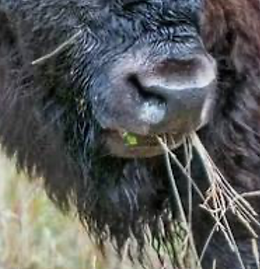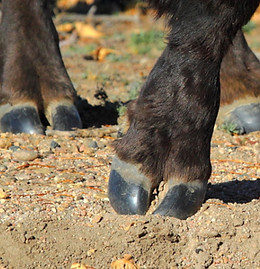DID YOU KNOW?

Bison Mucous
Bison mucous contains essential nutrients and microbes which are secreted onto grasses during grazing. This acts as a natural fertilizer, providing immediate nutrients for plants, promoting growth of beneficial microbes, thereby enhancing soil health.
Mucous is also important for seed dispersal, protection against pathogens, and has antimicrobial properties.

Bison Hooves
Hooves are crucial for ecosystem health in grasslands. They act as natural aerators, breaking up compacted soil and creating space for plant roots to grow and or seeds to germinate.
This disturbance also helps with water retention and nutrient cycling. Furthermore, bison hooves aid in seed dispersal as they trample seeds into the soil and their dung acts as a fertilizer.


Bison Fur
The thick, coarse texture of bison fur, especially the shed winter coat, provides excellent insulation for birds' nests, helping to keep eggs and chicks warm in winter.
The smell and appearance of bison fur also provides camouflage and protection against predators.
